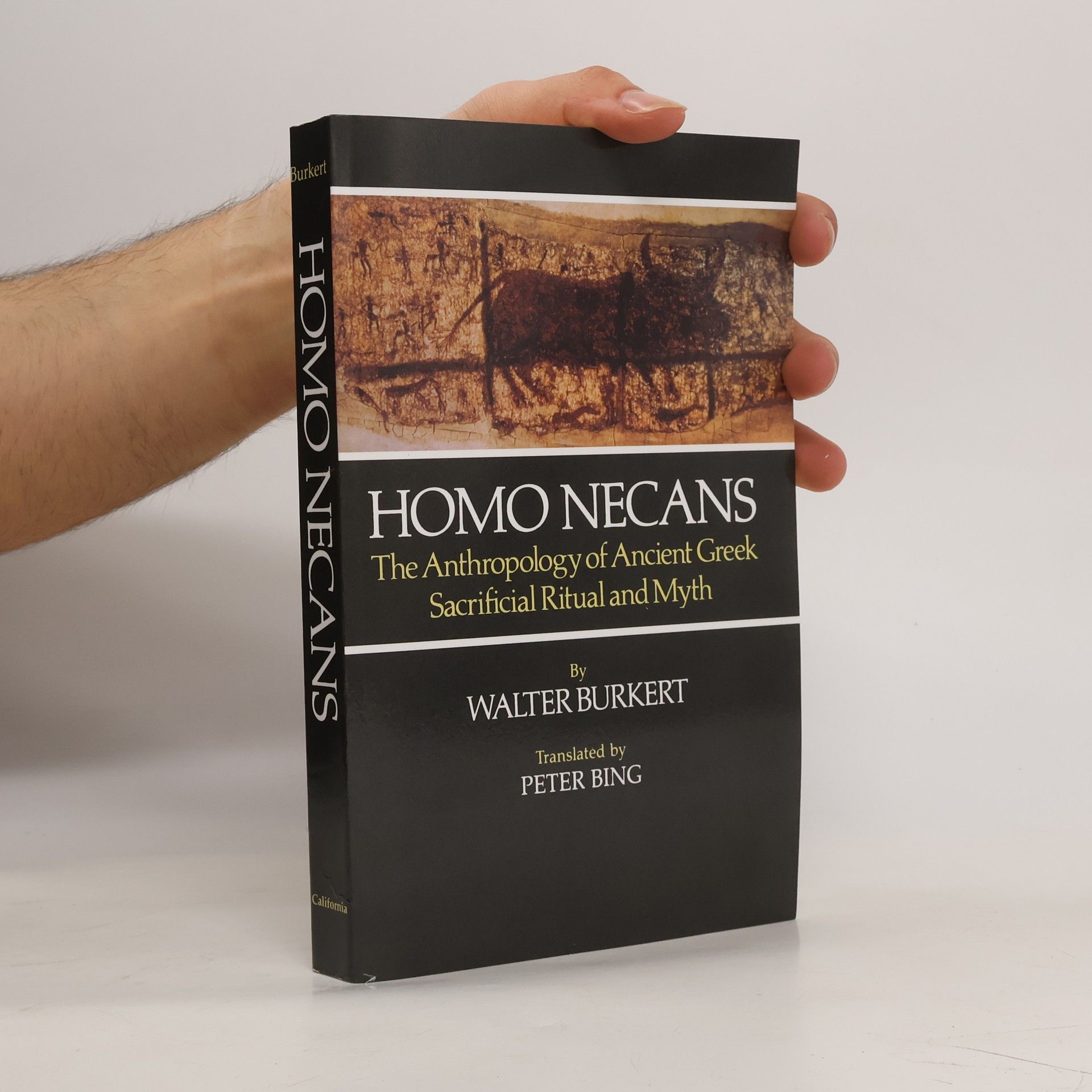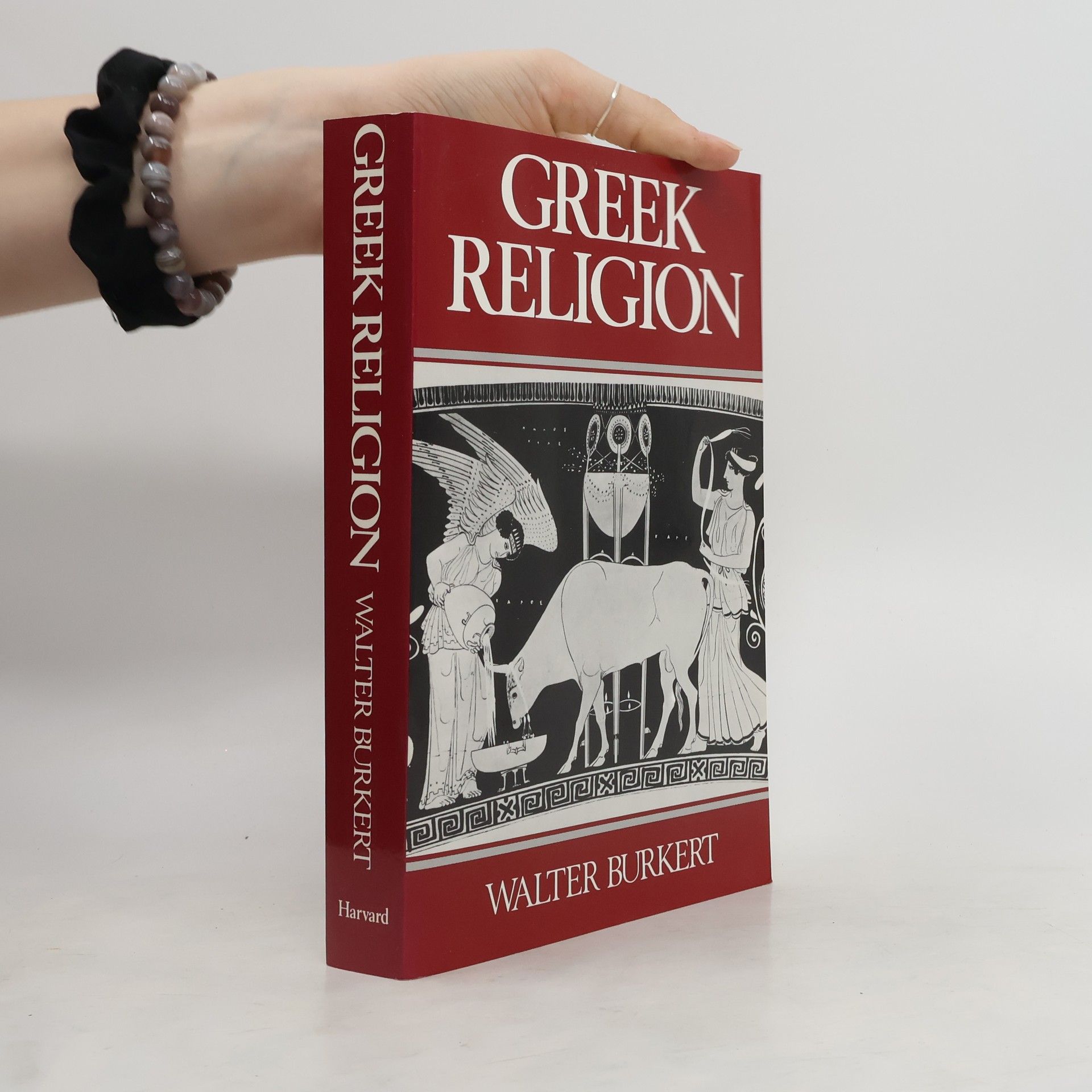Řecké náboženství archaické a klasické doby
- 440 stránok
- 16 hodin čítania
Edice Světová náboženství. Vynikající kniha švýcarského religionisty prof. Waltera Burkerta představuje dnes v rámci zkoumání řeckého náboženství klasické dílo. Jejím významným přínosem je, že nepohlíží na předmět svého zájmu z hlediska historického či mytologického, nýbrž především s ohledem na náboženskou praxi - kult a rituály, které jsou pro archaické a klasické období doloženy. Zabývá se tedy skutečným náboženským životem starověkého člověka. Úvodní kapitola shrnuje poznatky o době minojské a mykénské, dále se pak autor orientuje spíše po tématech než po časové ose (odd. II. Rituál a svatyně, III. Bohové, IV. Mrtví, héroové a chtonická božstva, V. Polis a polytheismus, VI. Mystéria a askeze, VII. Filosofické náboženství). Burkertův výklad, kromě toho, že je doložen bohatými doklady a odkazy na primární i sekundární literaturu, je velmi čtivý, což jej činí oblíbenou příručkou studentů i badatelů v oblasti řeckého náboženství i náboženství obecně, o čemž svědčí i několik vydání v angličtině a dalších jazycích (naposledy vydání italské). Součástí knihy je důkladný aparát. Pro české vydání byla kniha doplněna o aktuální poznatky a odkazy na nově vyšlou literaturu.





